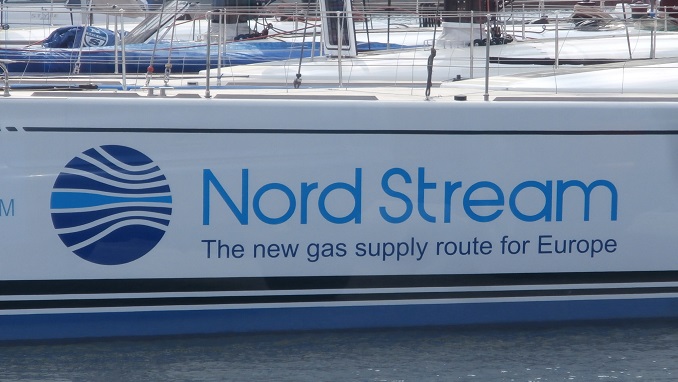Two German government officials speaking to Reuters said that Germany, which gets 37 percent of its gas from Russia, was not making itself more dependent on Moscow by supporting the Nord Stream 2 gas pipeline. The country was trying to get foreign investors to help Ukraine by investing in its pipeline, the officials added.
Despite increased tensions between the West and Moscow in the last few weeks, German Chancellor Merkel appears committed to the project, Reuters reports.
She has, however, recently conceded that there are political as well as economic factors at stake and has sought to reassure Ukraine which is worried it will lose gas transit revenues.
“Our analysis is … that does not make us more dependent on Russia,” one of the two officials said, adding that this will be one of the topics of discussion when Merkel meets U.S. President Donald Trump on Friday.
The United States sees the Nord Stream 2 gas pipeline, which would double the existing pipeline’s annual capacity of 55 billion cubic meters, as a threat to Europe’s energy security. Poland, Ukraine, and the Baltic countries, which would be circumvented by the pipeline, have also fiercely opposed the project.
On Thursday, Lithuanian Energy Minister Zygimantas Vaiciunas reiterated that the underwater gas pipeline planned in the Baltic Sea will “make the European Union even more energy-dependent and will let Russia strengthen its influence on the European energy sector.”
The Lithuanian minister’s statement came after signing with his Ukrainian counterpart a joint statement on threats posed by the Nord Stream 2 project.
“Both Lithuania and Ukraine have experienced what such energy dependence means and what is its price for the state and consumers. Nord Stream 2 poses threat not only to the fundamental goals of the Energy Union but it is also becoming a threat to the solidarity of EU states”, Vaiciunas said.












